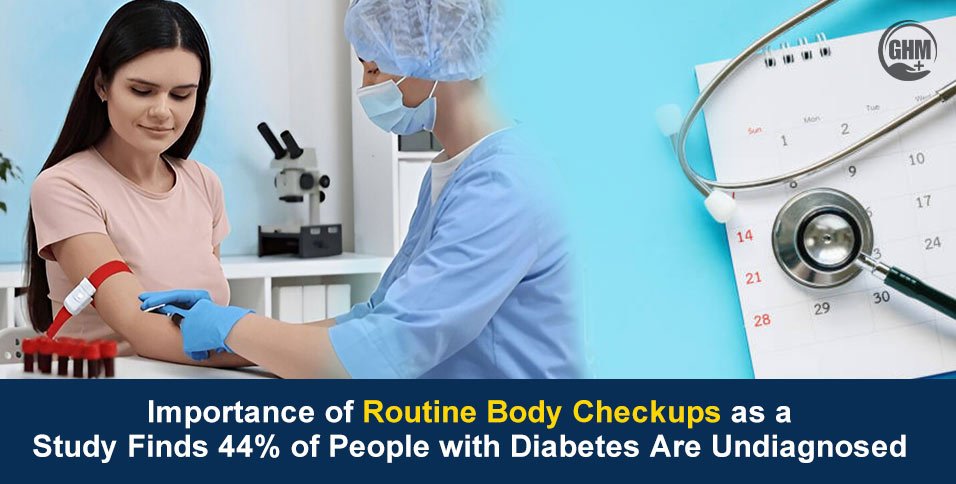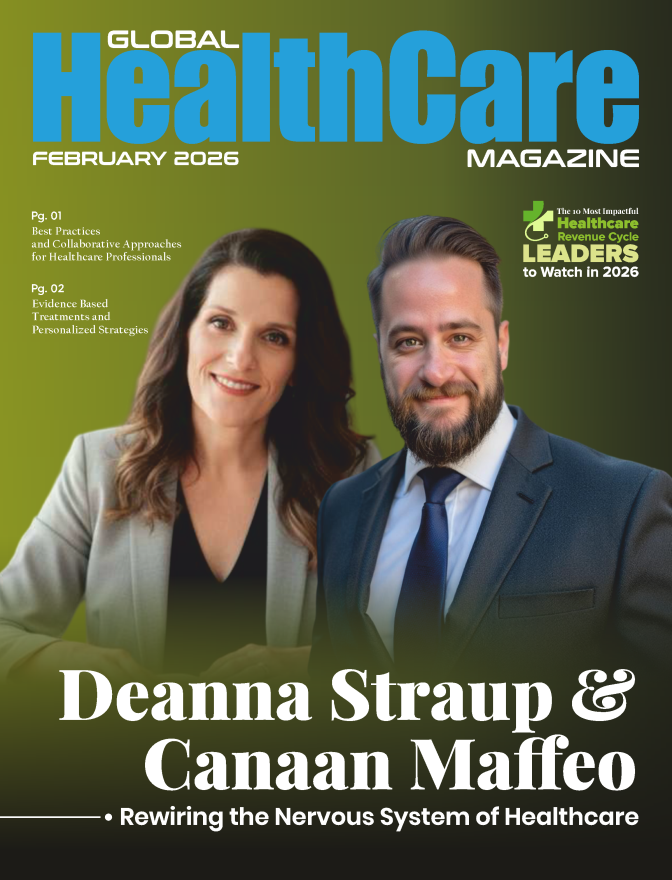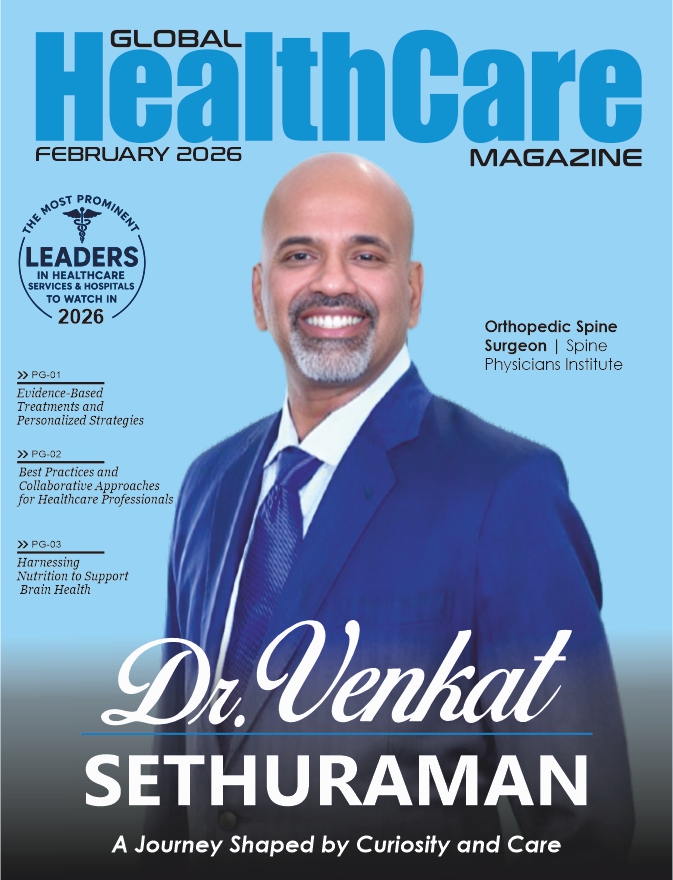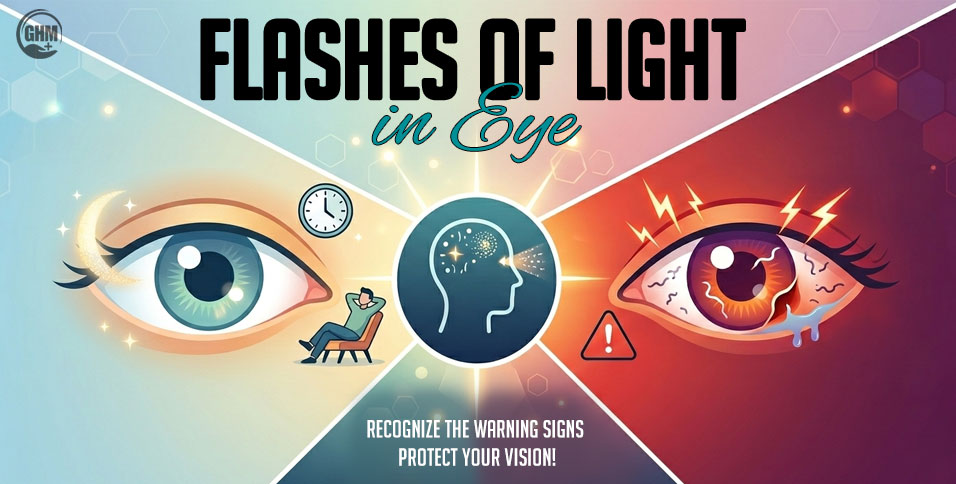A startling new study published in The Lancet Diabetes & Endocrinology has revealed that 44% of people aged 15 and older living with diabetes are undiagnosed. This means nearly half of individuals with the condition are unaware they have it, putting them at risk of severe health complications.
The study, which analyzed data from 204 countries and territories between 2000 and 2023, highlights the silent danger of undetected diseases. Experts are now emphasizing the importance of routine body checkups as a crucial step in preventing late diagnoses and improving long-term health outcomes.
“People end up getting diagnosed with diabetes only at the point where they have complications”, said Lauryn Stafford, the lead author of the study.
Undiagnosed Diabetes: A Growing Global Threat
Diabetes develops gradually, especially if it is type 2. Its symptoms, such as fatigue, increased thirst, or frequent urination, are often dismissed as minor issues. Without proper diagnosis, the disease can silently damage vital organs, leading to,
- Heart disease and stroke
- Kidney failure
- Vision loss
- Nerve damage
- Foot complications requiring amputation
According to the World Health Organization, diabetes is among the top 10 causes of death worldwide, making early detection even more urgent.
The recent study’s findings underscore a troubling reality that many individuals do not undergo regular health screenings. Either due to a lack of awareness, limited access to healthcare, or fear of discovering a serious condition.
Role of Routine Body Checkups
Routine body checkups are comprehensive health assessments designed to identify potential health issues before they become serious. These checkups usually include blood tests, blood pressure measurements, and other screenings based on age and risk factors.
1. Early Detection Saves Lives
When diseases like diabetes are caught early, they are far easier to manage.
- Regular glucose testing can reveal prediabetes, a stage where lifestyle changes can prevent full-blown diabetes.
- Early intervention significantly reduces the risk of long-term complications.
2. Monitoring Overall Health
Routine body checkups not only screen for diabetes but also help track overall health.
- Blood pressure and cholesterol checks can prevent cardiovascular diseases.
- Kidney and liver function tests detect problems before they progress.
- Cancer screenings can identify tumors at a treatable stage.
3. Building Health Awareness
Regular checkups create opportunities for patients to learn about their health risks and make informed decisions about diet, exercise, and lifestyle habits.
People Skipping Routine Checkups
Despite their importance, many people avoid routine body checkups due to:
- Lack of time: Busy schedules make it easy to postpone appointments.
- Cost concerns: Healthcare costs may discourage people from preventive care.
- Fear or denial: Some fear discovering a serious illness.
- Limited access: In rural or underserved areas, regular screenings are harder to access.
Addressing these barriers through awareness campaigns and accessible healthcare services is essential for tackling undiagnosed diseases.
Routine Checkup Schedule
According to Health Experts:
- Once a year: For adults over 30 or those with risk factors such as obesity, family history of diabetes, or high blood pressure.
- Every 6 months: For people with existing health conditions or high-risk profiles.
- Before major life changes: beginning of pregnancy or a new fitness program.
Even young adults should consider routine body checkups every two to three years to establish baseline health data.
Small Steps Toward Better Health
- Schedule annual screenings with your primary care provider.
- Monitor lifestyle habits — maintain a balanced diet and stay physically active.
- Know your family health history to identify potential genetic risks.
- Stay informed about common symptoms of diabetes and other chronic diseases.
Conclusion
The recent study showing nearly half of diabetes cases going undiagnosed serves as a wake-up call for individuals and healthcare systems alike. Routine body checkups are a simple yet powerful tool for detecting silent diseases, preventing complications, and promoting long-term well-being.
As the global burden of chronic illnesses grows, making preventive healthcare a priority can save millions of lives and reduce healthcare costs. Start today, your future health depends on it.













